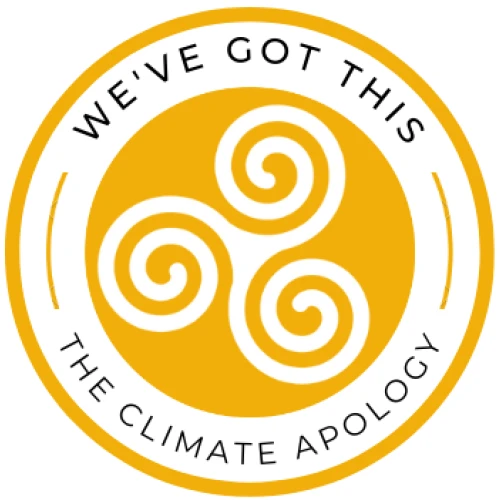Mr Chris Bowen, the man currently working on developing and representing environmental policy on behalf of Australians and the fossil fuel industry, has condemned COP28's draft statement as weak.
Is he sincere? On the one hand, it's consistent with the science which proves that current rates of fossil fuel extraction are a death knell to a liveable climate. However, he has signed off on four new coal mines in Australia since 2022. And the government he works for continues to perpetuate an economy heavily reliant on someone, somewhere burning up our coal.
Is he - along with the people deciding on environmental policies in the USA and Canada, which deftly balance similar contradictions - simply grandstanding in order to distract us from Australia's weak environmental record? Or is he demanding a tighter global regulatory system so that Australia doesn't risk losing its fossil fuel profits for a stand that others are not willing to take?
Both are examples of armchair environmentalism, writ large. Both are simply excuses to avoid doing what climate science says is imperative. Acting on the science is a tough moral decision because it deviates from our status quo, requires some element of personal sacrifice and involves risks of the unknown. But the personal, social and economic benefits of putting a liveable climate future above current fossil fuel profits are well-documented.
Of course, the consequences of his decisions are far greater than those of us ordinary folk. But it is the same process of deflection when I blame China for their emissions while waiting eagerly for my package to arrive from Temu and AliExpress. Or demanding that the Australian government regulate my emissions while voting against green policies. So if you find yourself condemning those politicians for yet another failed COP talk fest, ask yourself what your COP looks like.
The elephant in the room of our climate crisis is the moral dilemma facing us all, whether we are paid to make government policy or simply (not) exercising our rights and responsibilities as citizens. Will I risk the climate of those I love for my convenience and comforts now, or will I take personal responsibility for my climate decisions and actions?
It's an uncomfortable question. But in shouldering personal responsibility lies the deep joy of doing what's right for those you love. It can be difficult to hold onto this in the bling-bling of our addictive lifestyles and barrage of advertisements and influencers promising us instant joy if we just buy the right product or fly to the right resort.
But stop for a moment, recognize it's hard - it's not always what you want to do - and then lean into the moral choice to assume responsibility, take risks and live in ways that will leave enough for those we love.
The climate apology - sorry, I got it wrong but I'm going to act now.
Together we've got this.

Louise Rapaud
Previous Project
Next Project